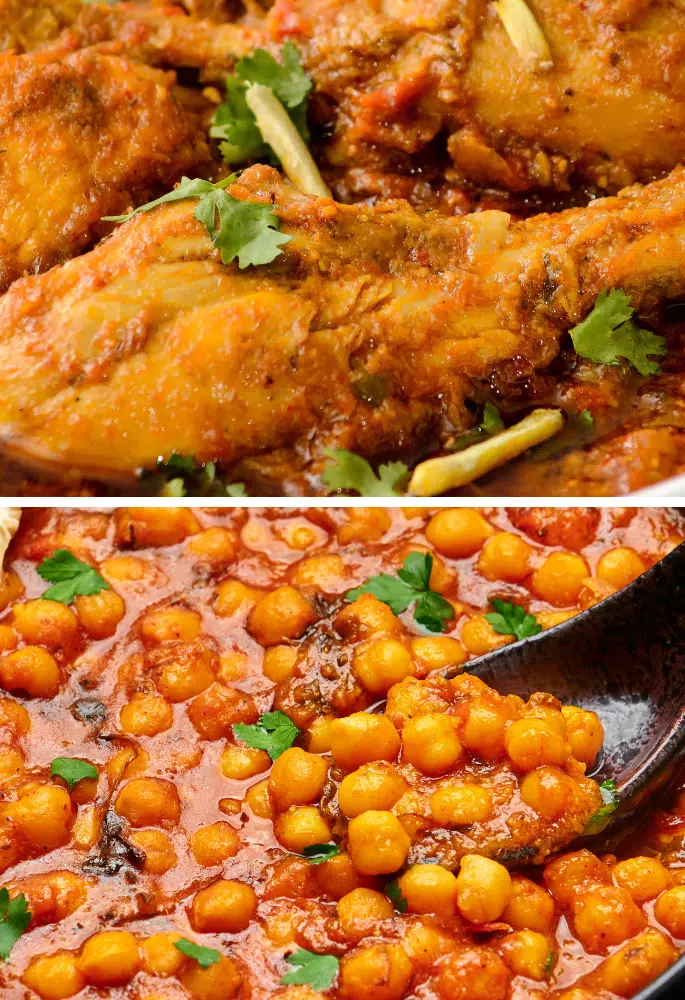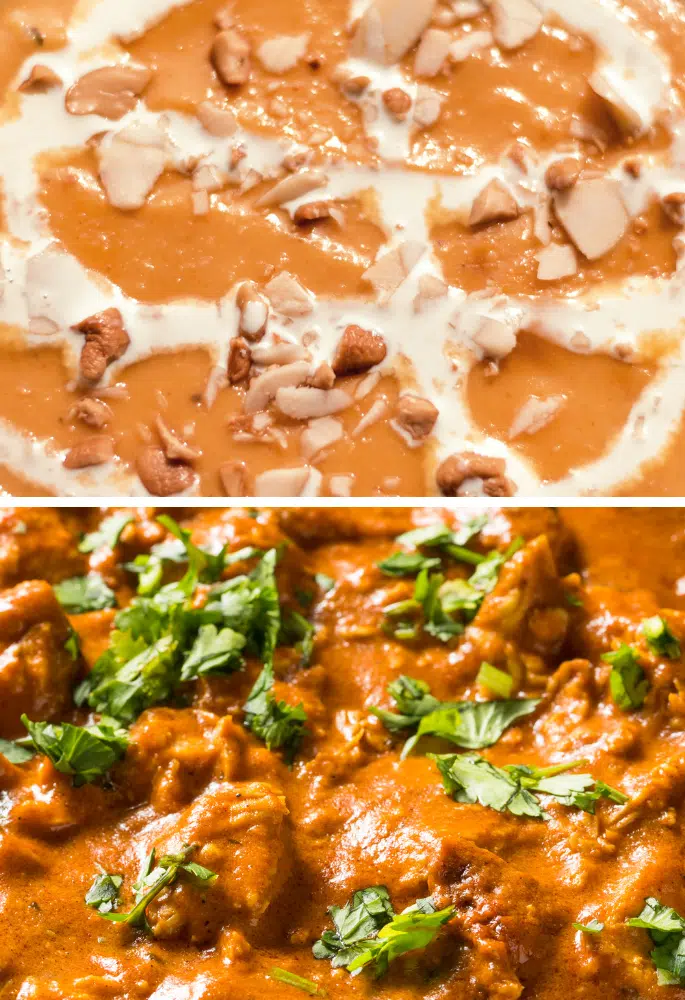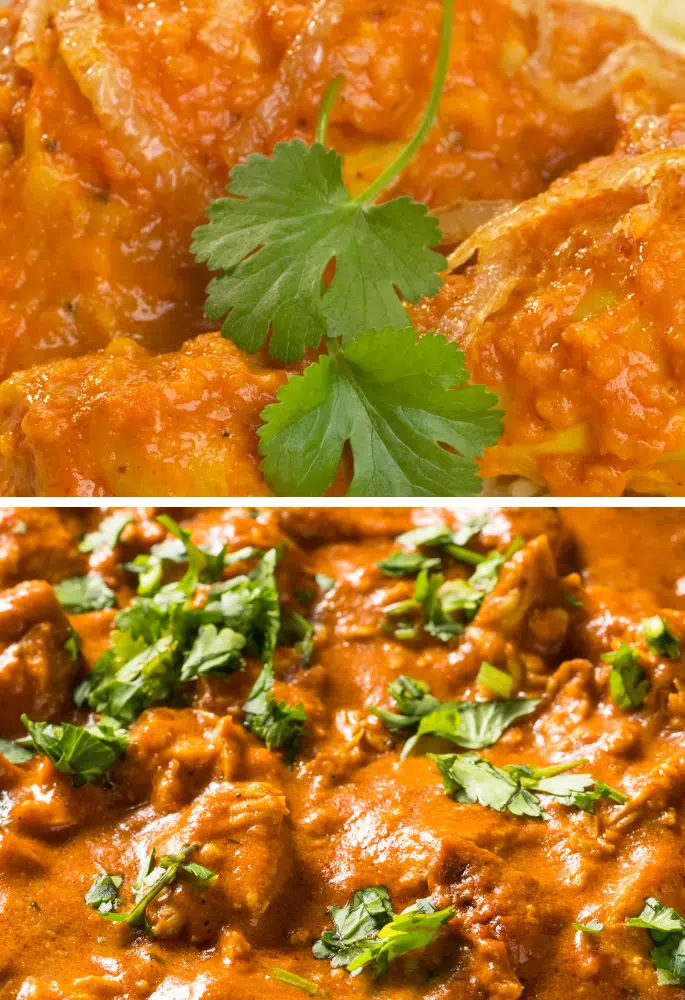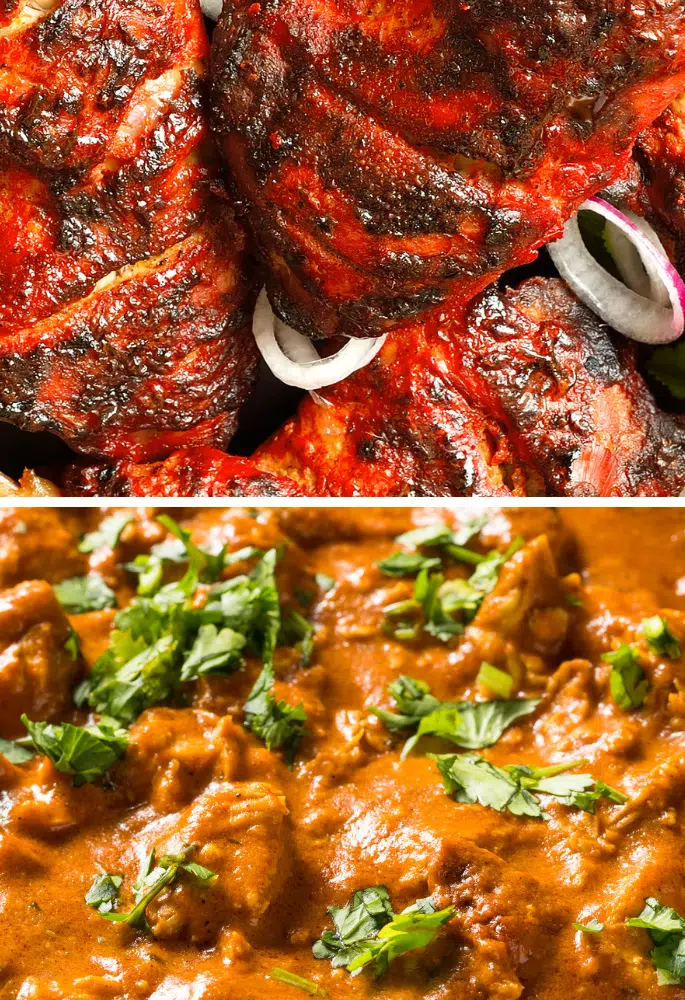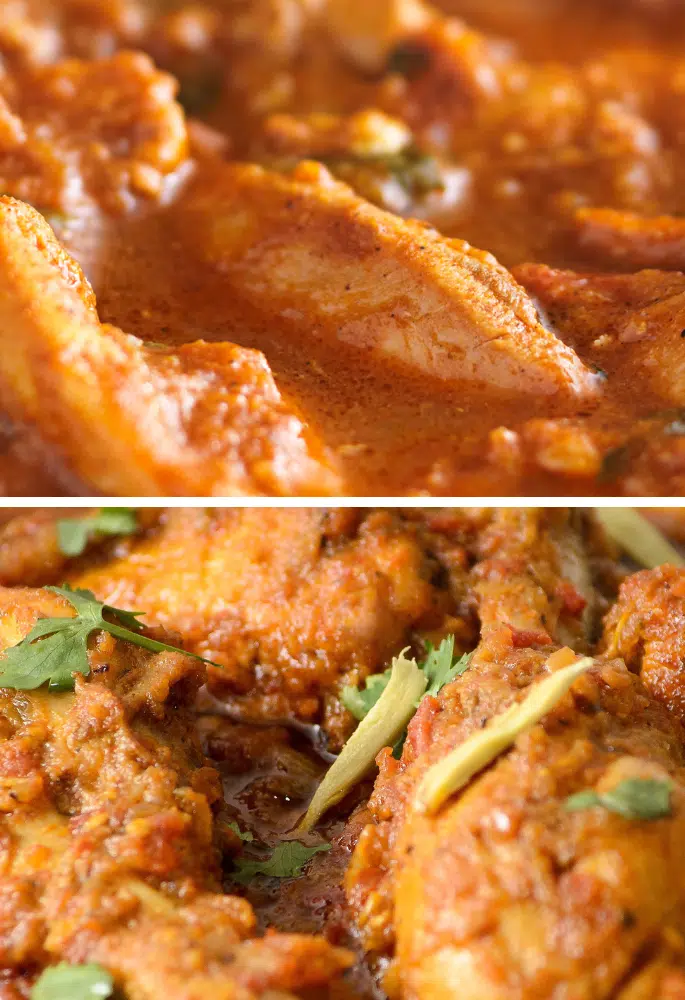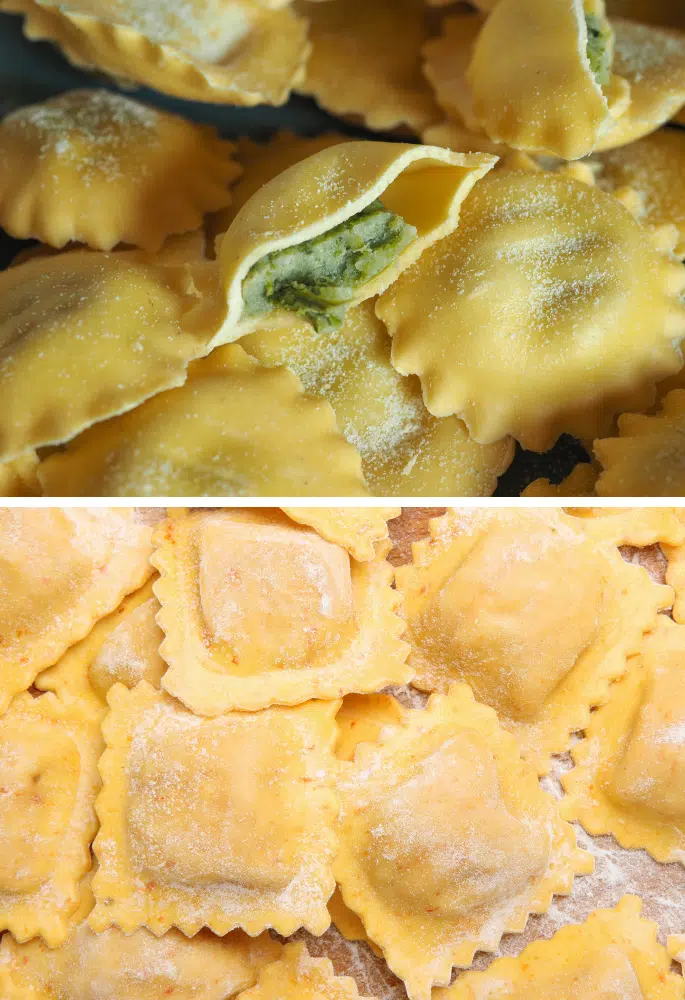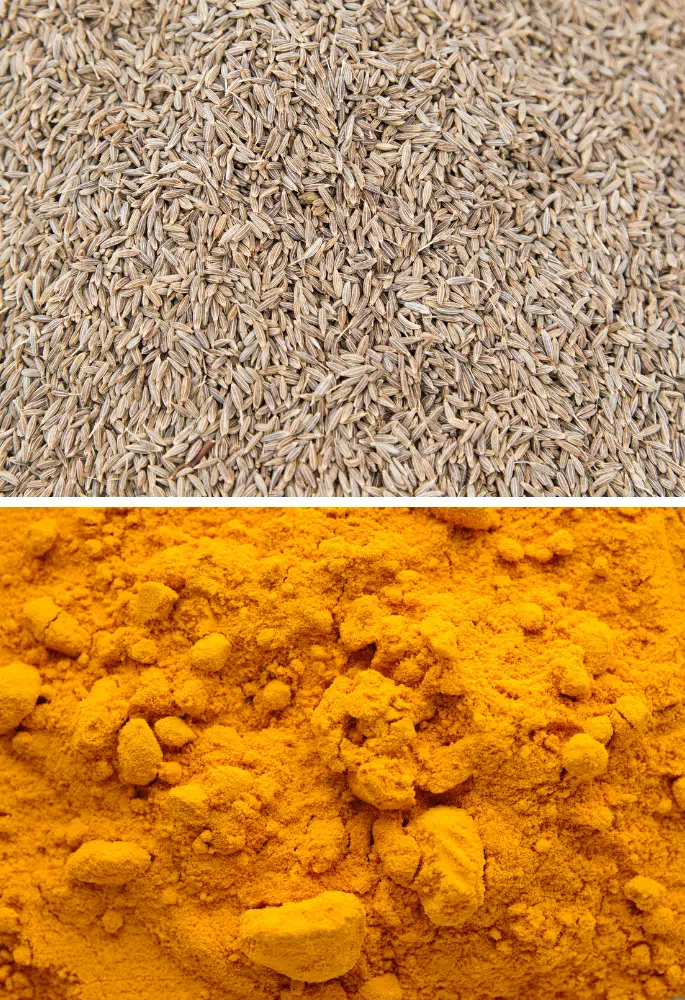Sauces don’t get much classier than red wine sauce. They are a staple in any high-end restaurant, especially when paired with a succulent cut of beef or lamb. But there is no need to spend an obscene amount of money in a fancy restaurant when you can make your own red wine sauce at home for far cheaper.
Better yet, you can enjoy the leftover red wine with the rest of your meal.
The most common problem with homemade red wine sauce is an unwanted bitterness that can ruin a perfectly cooked piece of meat. So why exactly has your red wine sauce turned bitter?
Your bitter red wine sauce is less to do with your cooking skill and more to do with the kind of wine you are using. Red wine that is high in tannin will reduce into a very bitter sauce.
What Is Tannin In Wine?
If high levels of tannin in your red wine cause a bitter red wine sauce, you need to know precisely how tannin will affect your wine to help you choose the right red wine next time.
Every wine that is made from grapes, whether that be red wine or white wine, has some level of tannins. That is because tannins are molecules naturally found in nature.
Grape seeds and grape skins are full of tannins which is why red wines usually have a higher concentration of tannin than white wine.
It is tannin that gives red wine its complex flavour profile and is to blame for the bitterness of many red wines that some people cannot stand. Some red wines have higher levels of tannin than others, but pretty much all red wines will have some level of tannin to give them that red wine taste.
Red Wines To Avoid When Making Red Wine Sauce
The best way to avoid making your red wine sauce bitter is to avoid using red wines with a high concentration of tannin in the first place.
This is because once the red wine sauce is reduced and its base flavours become more enhanced, the bitterness of the tannins becomes a lot more prominent and not at all pleasant.
Seeing as it is the grape skin and seeds used in red wine that make the wines have such a high level of tannin, you need to be aware of not just the red wines to avoid when making red wine sauce but also which grape bases to avoid:
- Nebbiolo Grapes – Wines made using a Nebbiolo grape base will be extremely high in tannins. The grape itself has a very bitter and sharp flavour which is then aged for 10 or so years. During this time, the bitterness of the grape does mellow out, but still, red wines like Barolo will be far too bitter to use in red wine sauce.

- Cabernet Sauvignon – Cabernet Sauvignon grapes are known all over the wine world for producing a very bitter and acidic wine because of the amount of tannin that they contain. Not only do the grapes themselves contain a lot of tannin but Cabernet Sauvignon wine is aged in oak barrels (which can also give wine a tannin taste).
- Tannat – Unless you are a fan of drinking bitter red wine, you most likely have not heard of Tannat before. It is the most widely planted grape in Uruguay and is well established as one of the most bitter grapes in the world, producing the highly bitter red wine Tannat.
- Monastrell – A trendy red wine served in Spanish and French restaurants, Monastrell red wine may not be as full of tannin as some of the above wines, but the tannin that it does contain has a very bold flavour. Once your red wine is reduced, those bold flavours will only get bolder.
How To Make Red Wine Sauce Less Bitter
As some red wines are so high in tannins, it may not be possible to cover their bitter taste completely. Still, there are plenty of ways to remove the bulk of the bitterness in your red wine sauce:
Add Sugar
Sweetness is a natural juxtaposition to bitter flavours.
A sprinkle of white sugar or a squeeze of honey can reduce the bitterness in your red wine sauce. Just use any sweeteners in moderation, as red wine sauce is not supposed to be overly sweet.
You’re not looking to add sweetness to the sauce. Instead, you’re looking to balance out the bitterness. If you can taste the added sweetener then you’ve already added too much!
Add More Vinegar
A lot of red wine sauce recipes already include vinegar in some way, the most popular being balsamic vinegar. The acidity of vinegar can neutralise any bitter flavour in your red wine sauce.
Once again, be careful how much vinegar you add to your red wine sauce. A few drops too many could turn the sauce from too bitter to too acidic.
Cook It Longer
A bitter red wine sauce is usually blamed on the type of red wine you use.
But the issue may simply be that you have not cooked the sauce enough to cook out the wine’s alcohol properly. You can tell if this is the issue if your red wine sauce is more sharp than bitter.
Allow your red wine sauce to cook for a further 5 to 10 minutes to allow the remaining alcohol enough time to cook off properly.
Bitter Red Wine Sauce FAQs
If you have more questions about fixing your bitter red wine sauce, then have a look over these common queries:
A sour red wine sauce will be caused by a red wine that is highly acidic or high in tannins. You’ll need to add in aromatics, sugar and salt to balance out the sourness.
If you haven’t used the correct ratios or enough roux then the sauce will never thicken up. You can fix this by combining some cornflour and water in a small dish before whisking this into your thin red wine sauce.
Acacia may be a freelance writer by day, but they are a food fanatic by night. They are always trying out new recipes or finding different ways to elevate classical dishes. But their biggest culinary aim is to educate others on the basics of the kitchen so that they too can enjoy delicious food.


